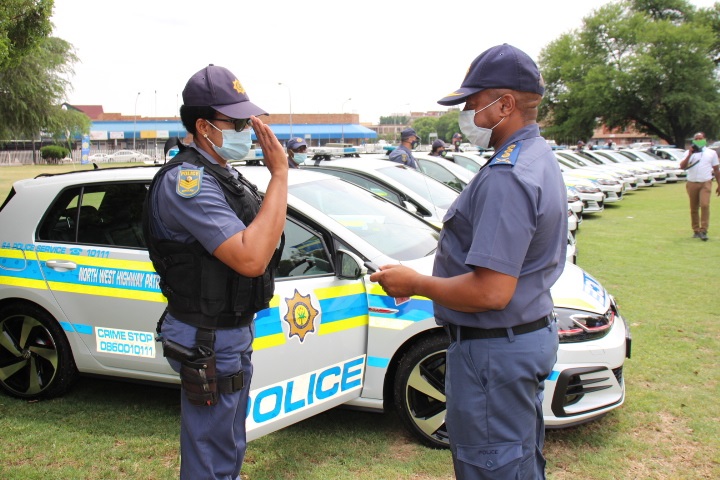SAPS e-recruitment 2025: Tough tests candidates must pass to be selected

The SAPS is hiring—but only after candidates survive a tough round of physical and mental tests.
With the South African Police Service (SAPS) 2025/2026 recruitment drive gaining nationwide attention, thousands of young South Africans are rushing to apply online. The job offers a promising career path, financial stability, and the chance to serve the country—but what many may not realise is that getting in is far from easy.
This isn’t a walk-in opportunity. It’s a structured, multi-stage selection process designed to filter only the most suitable candidates—those who meet high standards of discipline, intelligence, fitness, and integrity.
Why the Tests Matter
SAPS has made it clear that policing is no longer just about enforcing the law—it’s about restoring public trust, increasing professionalism, and responding to more complex crimes. To do that, they need individuals who are not only physically strong but mentally sharp and morally grounded.
To achieve this, the police service has introduced a series of assessments that go beyond the basic job application. These tests are aimed at ensuring that only those who are truly capable and committed move forward in the recruitment pipeline.
Key Assessments Every Applicant SAPS Candidates Must Pass
If you’re thinking of applying, here’s what you’ll need to get through:
-
Psychometric Test
This measures your mental capacity, cognitive reasoning, decision-making skills, and overall psychological readiness for high-pressure situations. It helps determine whether you’re mentally prepared for a career in law enforcement. -
Integrity Assessment
Applicants are evaluated on their values, honesty, and ethical judgement. This test is crucial for weeding out individuals who may be prone to corruption, dishonesty, or misconduct.
-
Physical Fitness Test
SAPS officers must be physically capable of responding to emergencies, engaging suspects, and enduring long shifts. Recruits will be tested on stamina, strength, agility, and speed through timed drills and physical tasks. -
Fingerprint/Vetting Screening
This background check ensures that applicants do not have criminal records or pending cases. It’s a crucial step in upholding the credibility of the police force. -
Medical Evaluation
Every applicant must pass a full medical check to confirm they are physically and mentally fit for duty, and not suffering from any condition that could compromise performance or safety.
In a statement via its website, SAPS said:
“To ensure that the SAPS enlist disciplined, energetic, intelligent, physically and mentally fit individuals, dedicated to serving their country through Policing, applicants will be subjected to a rigorous selection process, which entails: psychometric, integrity, physical fitness assessments and fingerprint/vetting screening as well as medical evaluations.”
READ ALSO
SAPS e-recruitment 2025: Here’s what new Recruits will earn and for how long
SAPS e-recruitment 2025: Specific kills and qualifications that give candidates an edge
SAPS e-recruitment: Duration, salary and benefits, other key details
South Africa: Is SAPS recruiting police trainees as claimed?
SAPS intelligence scandal: Explaining Khumalo’s arrest, public reactions and next steps
Dumisani Khumalo, 5 others granted bail in crime intelligence corruption case…here’s what to know
SAPS e-recruitment 2025: Eligibility, application process, requirements, and others to know
SAPS e-recruitment 2025: List of those ineligible to apply
The Bottom Line: It’s Tough for a Reason
These assessments are not arbitrary. SAPS has implemented them to ensure that the next generation of officers is better equipped, more ethical, and more trustworthy than ever before. With rising crime rates, public pressure for accountability, and the need for community-oriented policing, the standards have been raised—and rightfully so.
Only those who pass all tests and meet every requirement will move on to the nine-month training programme, where they’ll receive a monthly stipend of R4,500 before graduating into full-time service.

